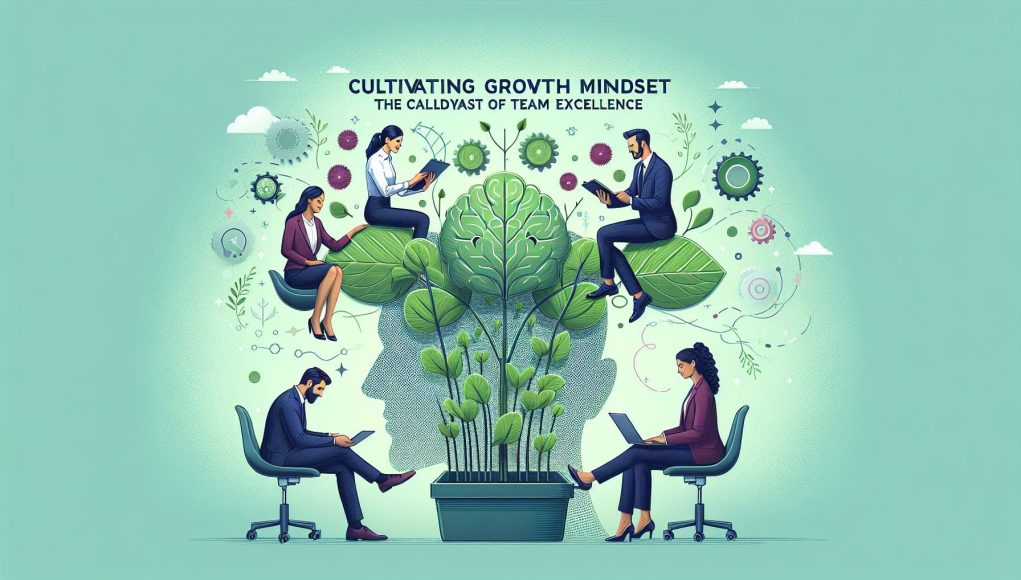Cultivating Growth Mindset: The Catalyst for Team Excellence
In a rapidly evolving corporate landscape, where agility and innovation are paramount, the concept of a growth mindset has never been more vital. For MBA graduates, who are often at the helm of transformative projects, embracing and fostering this mindset within teams can be the differentiator between mediocrity and excellence.
The term ‘growth mindset’, popularized by psychologist Carol Dweck, refers to the belief that abilities and intelligence can be developed through dedication, hard work, and continuous learning. This contrasts with a ‘fixed mindset’, where individuals see their abilities as static and unchangeable. In teams where growth mindset prevails, theres a palpable shift in dynamicschallenges are seen as opportunities, feedback is valued, and collective intelligence is embraced.
The Power of Perspective
For MBA graduates stepping into leadership roles, understanding and implementing growth mindset principles can lead to remarkable team outcomes. When team members believe their skills can be honed and improved, they are more open to taking risks and exploring innovative solutions. Encouraging a culture where mistakes are viewed as learning opportunities nurtures resilience and adaptability.
Steps to Foster Growth Mindset in Teams
1. Encourage Open Communication: Cultivating an environment where team members feel safe to express ideas without fear of criticism is crucial. Open communication channels foster trust and ensure that each voice is heard, allowing for diverse perspectives that enrich problem-solving efforts.
2. Value Effort and Learning: Recognize and reward the process of learning rather than just outcomes. Celebrate the effort, perseverance, and strategies that lead to success and reflect on missteps as valuable lessons.
3. Embrace Challenges: Present challenges as pathways to growth. Encourage teams to step out of their comfort zones and approach new tasks with curiosity. Reinforce the idea that every challenge is an opportunity for individual and collective growth.
4. Provide Constructive Feedback: Feedback should be forward-looking and developmental, focusing on areas for improvement in a supportive manner. Constructive feedback fosters a culture of continuous growth and improvement.
The Role of Leaders in Shaping Mindset
Leadership plays a pivotal role in establishing a growth mindset culture. As MBA graduates transition into leadership positions, demonstrating a growth mindset themselves sets a powerful example for their teams. Leaders who embrace lifelong learning, exhibit curiosity, and are transparent about their own challenges and growth help in embedding these values within the team culture.
Conclusion
A growth mindset is not just a tool for individual achievement; it’s a paradigm that can transform entire teams. For MBA professionals tasked with leading diverse and dynamic groups, instilling this mindset is crucial. In a world where change is the only constant, teams that persistently seek growth and learning will be the frontrunners of innovation and success. As we look to the future, lets champion a culture where growth is not just an individual journey, but a collective mission.




























